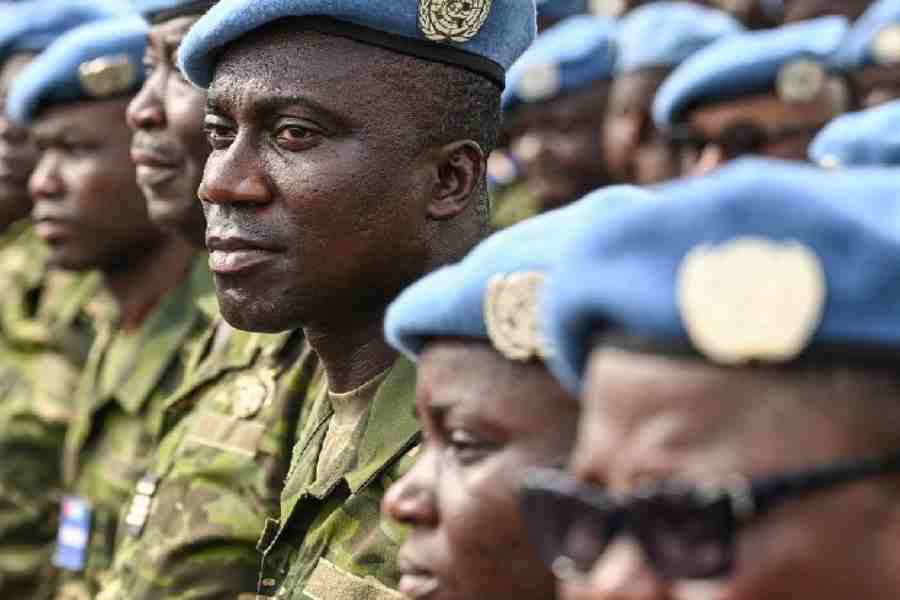The United Nations is often thought of being synonymous with global diplomacy. Yet, for millions of people around the world, the body is not represented by diplomats sitting in a tall, riverside building in New York, but by women and men in distinctive blue helmets and berets tasked with enforcing peace in some of the planet’s hottest conflict zones. In May, the United Nations Peacekeeping Forces turned 75, a moment that went largely unnoticed globally — a reminder of the usually quiet but immense role these troops play in holding up the little peace that the world enjoys. It all started in May 1948, with the first peacekeeping mission to oversee the armistice between the newly-formed Israel and Arab nation-states after the first of the wars between them. Since then, the UN has posted more than two million peacekeepers, drawn from the security forces of member countries, to 71 missions in all. India has contributed more to these missions than any other nation: more than 230,000 Indians have served as peacekeepers so far, and more than 150 of them have died in action.
Yet, while India’s unmatched role in these operations deserves applause, its outsized supply of manpower to the UN’s security operations also raises important questions. The UN emerged from the ashes of World War II, at a time when a post-colonial world was starting to take shape. Yet the nature of peacekeeping missions betrays a continued reliance on a mindset that defined the deeply racist, unequal world that the UN was supposed to help end. Peacekeepers are disproportionately pulled from South Asian and African nations to help end conflicts that these countries have had no role in creating. Meanwhile, Western nations, whose historical and present-day actions often directly influence some of these wars, contribute more of the financial resources that the UN needs, but only negligible numbers of boots on the ground. It is time that changes. UN peacekeeping forces need to look like the UN itself — representative of all nations, rich and poor. They need the quality of equipment that Western nations would demand for their troops as well as greater scrutiny and accountability for their actions — peacekeeping units have been implicated in corruption and sex crimes in recent years. Deep reforms in how these missions are staffed and run would be the greatest gift the UN could give its peacekeepers.










